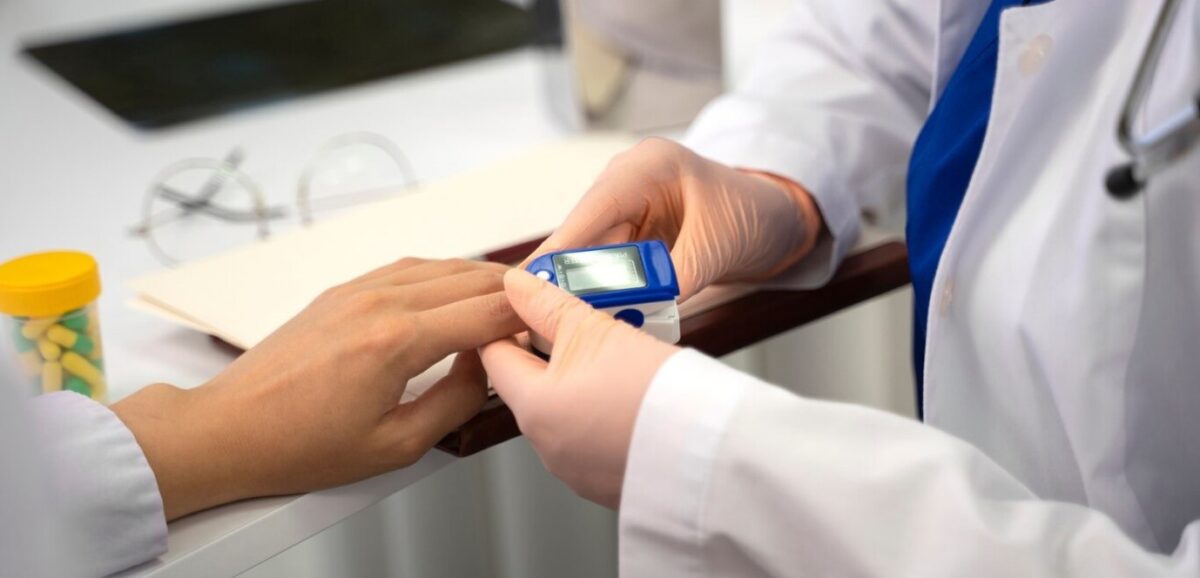In the period following an automobile accident, you may expect to go to the ER. While it’s common for those involved in a severe accident to be seen in the hospital, it’s not guaranteed in minor accidents. This makes it entirely possible that what appears to be a minor injury is, in fact, a symptom of something more concerning. Injuries involving soft tissue, the spine, or the head can present with seemingly minor symptoms at first. The real damage experienced may not make itself known for days or even weeks. This is why seeing a medical practitioner as soon as possible is important after even “minor” accidents.”
Four Steps To Protect Your Health After An Accident
A minor fender bender may seem like nothing to worry about. Those minor aches and pains may make you think that a few over-the-counter painkillers can take care of it. However, these injuries often hide serious health concerns. Damaged ligaments, internal bleeding, soft tissue damage, and misaligned joints and spines may appear as only being stiff and sore. Seeing a medical professional is the only way to ensure that your injuries have been properly treated. These four tips will help you avoid lasting consequences from an event of just a few seconds.
- Seek Care Immediately – You shouldn’t hesitate to get to a medical professional after your accident. Immediately is best if there’s an urgent care available. If not, reach out to your PCP for an appointment. Take note of symptoms like fatigue, muscle aches, dizziness, nausea, and bruising. It’s important to recall that the accident’s full impact may not have shown itself yet.
- See Your PCP or Urgent Care First – An urgent care is often your best bet for immediate care. These facilities tend to have the imaging equipment necessary to identify hidden injuries. Internal bleeding, tissue damage, and the like can be revealed under CT scans and X-rays in many cases.
- Speak Honestly With Your Provider – Tell your physician everything about the accident. They need to know what happened, how fast you were going on impact, your symptoms, their duration, and how severe they are. Be prepared with a full medical history if they aren’t your usual doctor.
- Be Inquisitive – Be prepared to ask as many questions as you answer. It’s important to understand what tests are being done and why. You should also be well-versed on the treatments they’re going to use and why they’re using them. Before you leave, be certain you understand your next steps and any treatment plan they give you.
Sticking to these instructions is a good way to be certain you’ve properly addressed any potential injuries. You may also want to ask if your attending physician knows the proper method of documenting injuries and treatment plans for an accident. It’s possible this information will be necessary as part of any lawsuit or insurance claim.
Get To A Physician After An Auto Accident
Accidents happen every day, and all too often, they’re treated as ‘no big deal.’ This has led to thousands of people experiencing life-long complications from an event lasting just a few seconds. Take the time to see a physician after an accident to ensure your injuries are properly cared for. You’ll be thankful you did.













